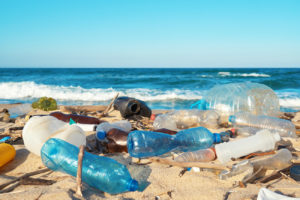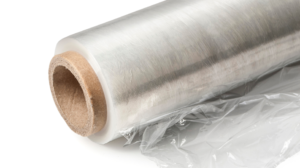Government of Canada to take Regulatory and other action to reach a goal of Zero Plastic Waste
Plastic manufactured items that are discarded, disposed of, or abandoned in the environment outside of a waste management system (such as a recycling facility or a landfill) constitute plastic pollution. Current scientific evidence confirms that plastic pollution is ubiquitous in the environment, and that microplastic pollution poses an ecological hazard, including physical harm, to some animals and their habitat.
The Minister of the Environment and the Minister of Health (the ministers) are satisfied that plastic manufactured items meet the ecological criterion for a toxic substance as set out in paragraph 64(a) of the Canadian Environmental Protection Act, 1999 (CEPA or the Act). In order to develop risk management measures under CEPA to address the potential ecological risks associated with certain plastic manufactured items, the ministers recommended that the Administrator in Council make an order adding “plastic manufactured items” to Schedule 1 to the Act (the List of Toxic Substances).
Circular Innovation Council Perspective
Plastic waste is a serious global threat to environmental and human health, and governments around the world are taking decisive action on preventable and pervasive waste stream.
The low cost of producing virgin plastic resin and the high cost of diverting plastic from disposal to recycling applications disincentivizes and demotivates market investments and innovations.
Using the Canadian Environmental Protection Act allows the Government of Canada to leverage important regulatory powers to effectively reduce plastic waste in communities across Canada.
Read the final Order adding plastic manufactured items to Schedule 1 to CEPA as published in the Canada Gazette, Part II.



